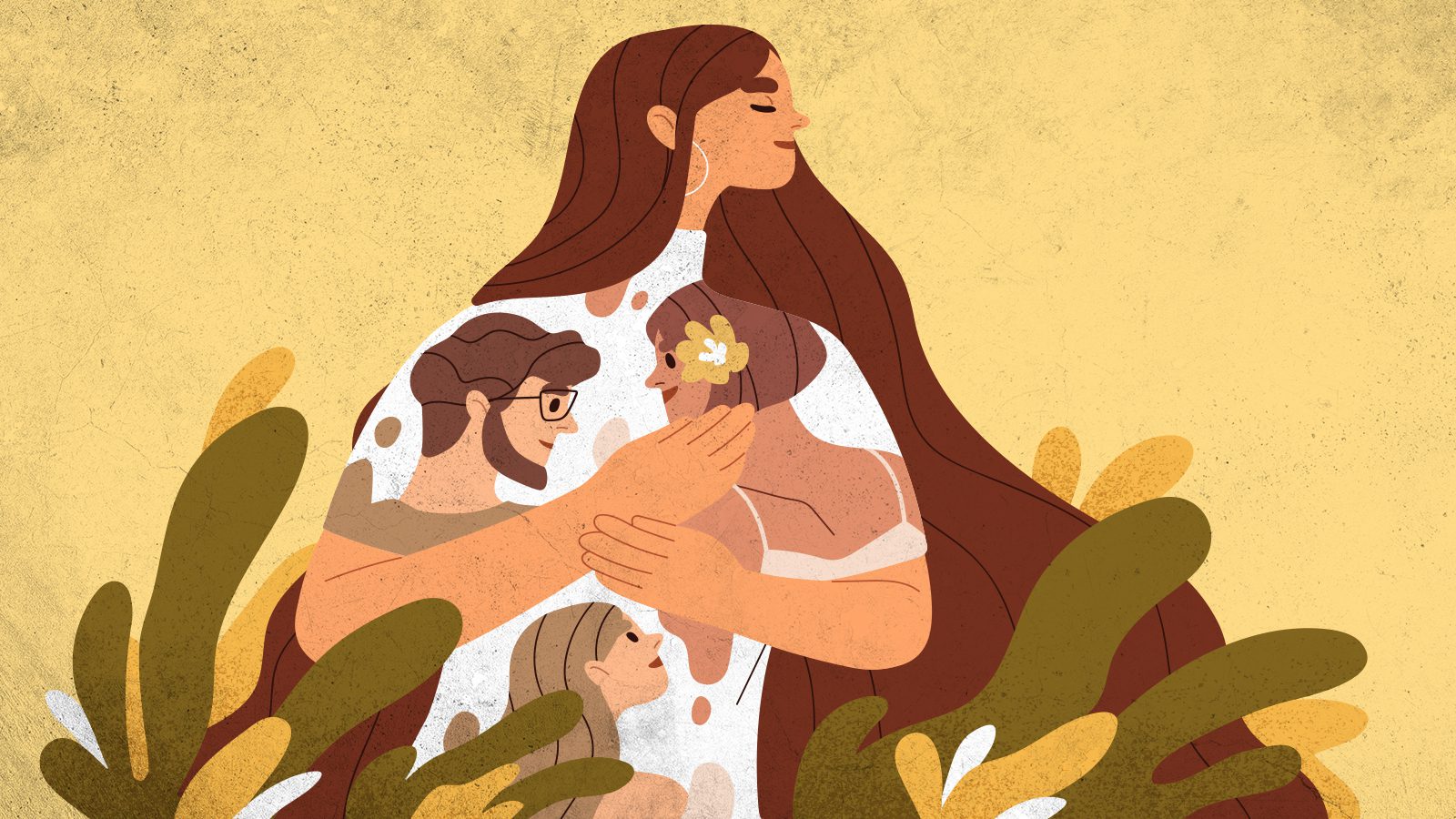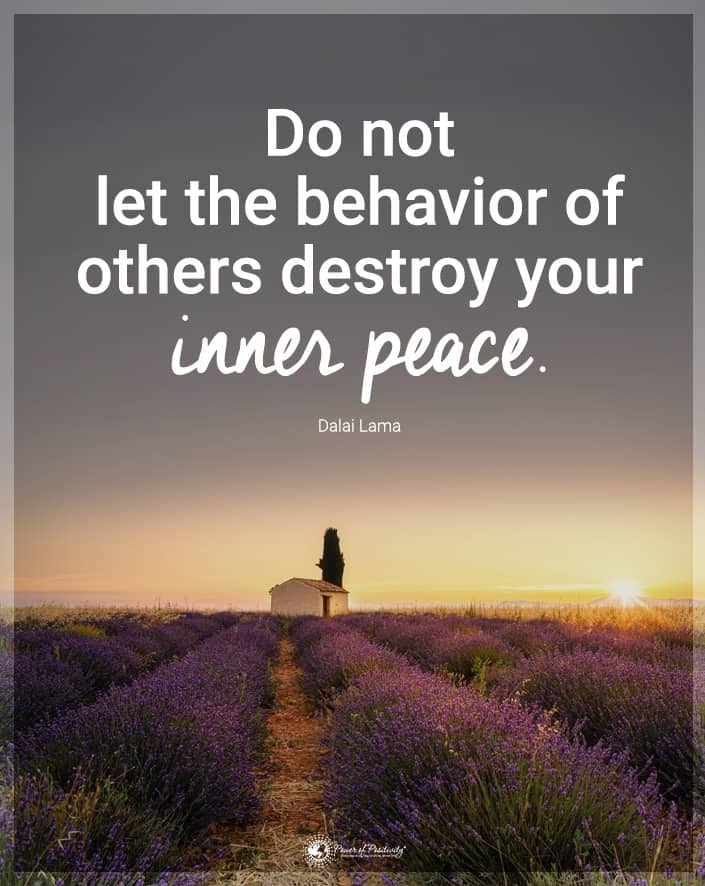Losing yourself in a relationship is a common experience that nobody admits is a problem. After falling in love with that special someone, your life becomes a whirlwind of champagne bubbles, laughter, and romance. Amid your joy as a couple, you could be losing yourself and not realize it.
During this incredible “honeymoon” phase, you’re head over heels in love, and all is bright and beautiful in the world. You spend most of your time together and less with your regular circle of family and friends. It’s normal in a new relationship, and most people understand.
Allow yourself to revel in these magical moments as a couple. However, remember that you’re still individuals with preferences, interests, and goals. Being a couple is a blessing, but you were still a whole person before you met.
Ten Ways to Avoid Losing Yourself While Falling in Love
What happens after the fireworks of falling settle? How can you foster a lasting relationship and still be yourself as you slip into everyday life? Here are ten ways to avoid losing yourself in a romantic relationship.

1. Make Yourself a Priority to Avoid Losing Yourself
Losing your individuality in a relationship can be avoided if you remember to love yourself. It’s not narcissistic to preserve your self-esteem and give yourself the loving care you deserve. If you don’t love yourself, you can’t successfully love anyone else.
Your partner can only fulfill so many of your needs as an individual. Being content doesn’t mean every aspect of your life is satisfying. You still have passions and goals you need to fulfill on your own, and you can’t deny yourself those rights.
2. Don’t Always Say “We”
When you’re in a committed relationship, you are deeply connected to your person and become a “we.” You’re together so much that you begin to think alike and can often complete each other’s sentences. Listen to yourself some time and see how often you replace “I” with “we.”
Even though falling in love makes you feel like one flesh and one mind, you remain two individuals. It sounds spiritual and poetic to think of two becoming one, but it’s not reality. Losing your individuality won’t be as easy when you are confident enough in your relationship to be your person.
3. Stay Connected with Family and Friends to Prevent Losing Yourself
Like most people, you have two circles of relationship and influence. The outer circle is acquaintances and other people with whom you share minimal social contact. Your inner circles are those family and friends who’ve built trust and a solid emotional bond with you.
People will orbit in and out of your outer circle, and a few may become part of your inner circle. However, those in your inner circle have been with you for years, and their connections are often lifelong. They’ve seen you at your best and worst. They have supported you no matter what.
Perhaps your significant other was part of your outer circle and found their way into your inner crowd. They may be your intimate partner, but it doesn’t exclude others who’ve been your steady rock. You don’t turn your back on family and friends just because you’re falling in love.
Staying connected with your inner circle is an ideal way to avoid losing yourself in a relationship. While you’ll have mutual friends, separate friendships are also healthy. It would help if you had time by yourself to hang out with your besties and enjoy a night on the town.
4. Don’t Sacrifice Too Much
According to an article by UCLA-Berkeley, relationships require sacrifice from you and your lover. However, the report states that sacrificing too much can lead to unbalanced power, frustration, and resentment. Falling in love doesn’t mean losing yourself by compromising your self-esteem.
How do you know if you’re sacrificing too much in the relationship? What’s your motivation, and would your mate do the same if the tables were turned? The right sacrifices can benefit a relationship, but when you do it for the wrong reasons, it can only lead to negative consequences.
5. Set Boundaries and Respect Them
Boundaries are essential for maintaining a loving, healthy relationship. In his article published by Vanderbilt University, Dr. Chad A. Buck states that limitations set the stage for positive relationships. They offer you choices instead of expectations and obligations.
Setting boundaries early in your romantic relationship may minimize misunderstandings later. You each know what the other expects to give and receive in the connection. It doesn’t allow much room to question what is and what isn’t acceptable.
You pay the consequences when your boundaries are clouded and compromised, like losing yourself. Your mate needs to know where you stand in the relationship and how you want to be treated. You preserve your self-respect, and you won’t have to keep compromising your wants and needs.

6. Do Some Activities by Yourself
One of the many pleasures of falling in love is having someone to share fun activities and fascinating travels with. There are countless things that you can do together for enrichment and leisure. You probably have enough in common to do something as a couple.
On the other hand, pursuing your interests may reduce your chances of losing yourself. Maybe you’ve always wanted to take up a hobby or activity that doesn’t interest your partner or vice versa. You’ll have more to share when you’re free to enjoy a few things on your own.
7. To Thine Own Self Be True
No relationship exists without a few arguments–or someone isn’t being true to themselves. Falling in love doesn’t mean you must relinquish your thoughts, feelings, and opinions. You can pledge your heart to a partner and keep your individuality intact.
How can you be honest and genuine with another person if you can’t do the same for yourself? You are as unique as a snowflake, and you don’t have to compromise all you are for the sake of a romantic partner. If their idea of a relationship is to mold you into something you’re not, it’s not worth it in the long run.
8. Communicate with Each Other
A study published by the National Library of Medicine concludes that communication plays a crucial role in relationship satisfaction. How can you possibly know what’s happening in each other’s lives unless you communicate? Assuming how your partner thinks and feels is a recipe for misunderstandings and resentment.
Having meaningful conversations with each other is one of the benefits of falling in love. You relate to each other on a physical, mental, and spiritual level, as you care about one another’s feelings. When you spend time talking together each day, losing yourself is less likely.
Notice that meaningful conversations are marked by talking with, not talking to, your mate. Practice excellent active listening skills and try to listen more than you speak. Listen intently to what the other is saying without interrupting and contemplating what you’ll say next.
A skilled active listener will also try to mirror the speaker’s emotions and maintain neutral body language. After your partner has made their point, pause for a moment before saying anything. Restating what they’ve said in your own words can offer clarity and fewer misunderstandings.
9. Live in the Present
If you aren’t living in the present moment, you risk losing yourself in the past. Maybe you’re haunted by past broken relationships and the issues that caused them. Sure, you can learn from your mistakes and be grateful, but you can’t go back and change anything.
Make your current situation a relationship of “now.” Accept and love yourself and your partner for who you are. Refuse to allow the past to control what joy you have now and in the future, as this will only hurt your self-esteem and your connection with your lover.
10. Prevent Losing Yourself by Keeping a Reality-Based Relationship
Who hasn’t read fairy tales since childhood and dreamed of the handsome prince riding off into the sunset with the lovely maiden? If you continue fantasizing about your romantic relationship and living happily ever after, you may be disappointed.
A relationship forms between two fallible humans, and nothing is perfect. Losing yourself in a fairy tale dream isn’t fair to either of you. Relationships are hard work, demand give and take, frequent apologies, forgiveness, and patience.
In the beginning, it’s normal to idealize yourselves and the relationship. If you don’t experience a reality check, you’ll see that you both have faults and may feel disillusioned. For true love to work, you must view each other as individuals with favorable characteristics, flaws, shortcomings, and limitations.
Final Thoughts on Maintaining Your Identity in a Relationship
Remember that your lover fell in love with you as you are. Keep your self-esteem, and don’t discard those unique characteristics and behaviors they adore. You can maintain a beautiful relationship for a lifetime when you avoid losing yourself.





















